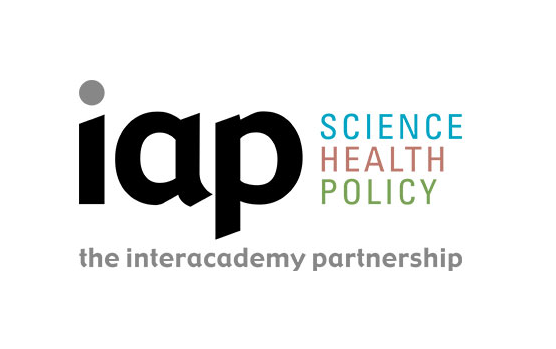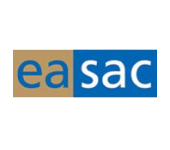Programme / The ethical challenges of a global sustainable food system
‹ back to Programme listerDay 1
Wednesday / 20 NOV
11:00 - 12:30
All countries face the problem of tackling the burden of malnutrition and it is vital to increase efforts to ensure food and nutrition security for all. There are major challenges, but also great collective opportunities, for transformation of food systems to provide healthy, sustainable, diversified diets amidst climate and other environmental change.
A recent global, innovative project organised by the InterAcademy Partnership (IAP) brought together regional academy networks from Africa, Asia, the Americas and Europe for systematic analysis of evidence and perspectives. Academies agreed transboundary goals to explore how better to generate and integrate scientific evidence on both the demand-side and supply-side issues, while also enabling academy capacity-building at the science-policy interfaces. The recently published final report explored various issues for local-regional-global connectivity, for example for improving scientific infrastructure and research collaboration, food system efficiency and resilience, and linkages between food-energy-water-health, all key issues for developing cohesive policy and for tackling multiple Sustainable Development Goals.
This session, organised by IAP and EASAC will review project outputs on the priorities for science, innovation and policy. Our particular objective is to stimulate discussion on the ethical aspects of changing food systems for planetary and human health, including equity of access, problems for vulnerable groups and for intergenerational equity, reduction of waste, environmental sustainability and diversity, and capitalising on advances in science and technology.
Moderator:
Speakers:
- Robin Fears, Biosciences Programme Director, EASAC
- Sheryl Hendriks, Head of Department, University of Pretoria, Department of Agricultural Economics, Extension and Rural Development

